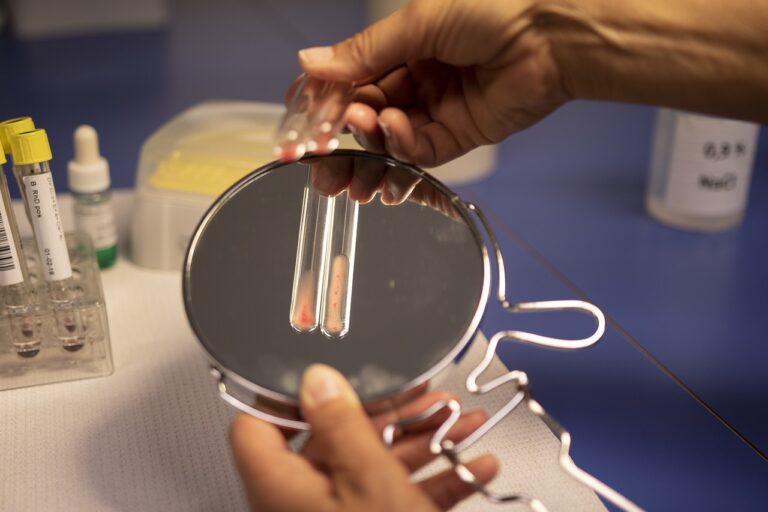Diabetes and Eye Health: Preventing Diabetic Retinopathy: Betbhai book, Cricbet99 login, Diamondexch9 login
betbhai book, cricbet99 login, diamondexch9 login: Diabetes is a chronic condition that affects millions of people worldwide. While managing blood sugar levels is crucial for overall health, many people overlook the impact diabetes can have on eye health. Diabetic retinopathy is a serious complication of diabetes that can lead to vision loss if left untreated. In this article, we will discuss the importance of preventing diabetic retinopathy and provide tips on how to maintain good eye health while living with diabetes.
Understanding Diabetic Retinopathy
Diabetic retinopathy is a condition that affects the blood vessels in the retina, the light-sensitive tissue at the back of the eye. High levels of blood sugar can damage these blood vessels over time, leading to leakage and swelling. In advanced stages, diabetic retinopathy can cause vision loss and even blindness.
Preventing Diabetic Retinopathy
1. Control Blood Sugar Levels: The most important step in preventing diabetic retinopathy is to keep blood sugar levels within a healthy range. This can be achieved through a combination of medication, diet, and exercise.
2. Regular Eye Exams: People with diabetes should have a comprehensive eye exam at least once a year. This allows your eye care professional to monitor any changes in your eye health and catch diabetic retinopathy early.
3. Monitor Blood Pressure and Cholesterol: High blood pressure and cholesterol can further damage blood vessels in the eye. Keeping these levels in check is essential for overall eye health.
4. Quit Smoking: Smoking can exacerbate the effects of diabetic retinopathy and increase the risk of vision loss. Quitting smoking can improve your eye health and overall well-being.
5. Healthy Diet: A balanced diet rich in fruits, vegetables, whole grains, and lean proteins can help control blood sugar levels and protect your eyes from damage.
6. Regular Exercise: Physical activity can improve circulation and help regulate blood sugar levels. Aim for at least 30 minutes of exercise most days of the week.
FAQs
1. Can diabetic retinopathy be reversed?
While diabetic retinopathy cannot be reversed, early detection and treatment can prevent further vision loss.
2. Are there any symptoms of diabetic retinopathy?
In the early stages, diabetic retinopathy may not have any noticeable symptoms. As the condition progresses, you may experience blurry vision, floaters, or dark spots in your vision.
3. How often should I have an eye exam if I have diabetes?
People with diabetes should have a comprehensive eye exam at least once a year, even if they are not experiencing any vision problems.
4. Can laser treatment help with diabetic retinopathy?
Laser treatment can be used to seal leaking blood vessels and reduce swelling in the retina. This can help preserve vision and prevent further damage.
5. What should I do if I notice changes in my vision?
If you notice any changes in your vision, such as blurry vision or dark spots, you should schedule an eye exam with your eye care professional as soon as possible.
6. Is diabetic retinopathy preventable?
While diabetic retinopathy cannot always be prevented, by following the tips outlined in this article, you can reduce your risk and protect your vision.
In conclusion, diabetic retinopathy is a serious complication of diabetes that requires proactive management. By taking steps to control blood sugar levels, monitor eye health, and live a healthy lifestyle, you can reduce your risk of vision loss and preserve your eyesight for years to come. Remember to schedule regular eye exams and consult with your healthcare provider if you have any concerns about your eye health. Your eyes are precious take care of them!







